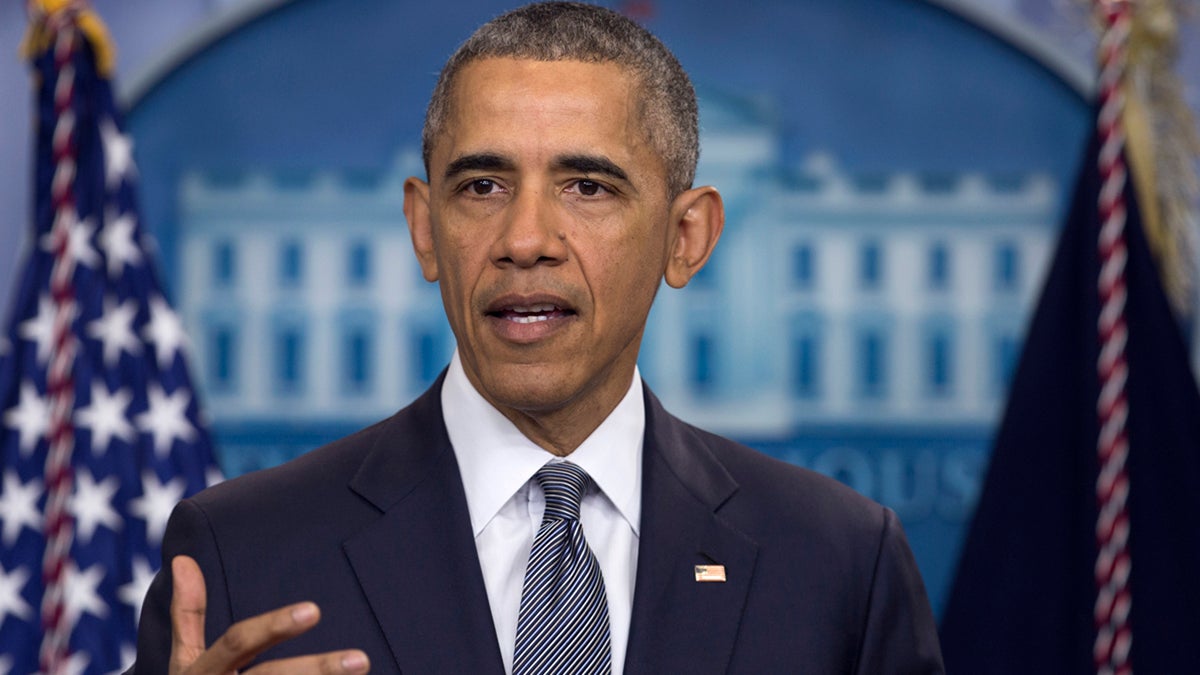Gallup polls Americans on jobs, the economy, and the importance of having a will

In this May 6, 2016, file photo, President Barack Obama speaks in the briefing room of the White House in Washington. Roughly 5 million more U.S. workers will soon become eligible for overtime pay under new rules issued by the Obama administration. The policy changes would benefit many salaried employees in the fast food and retail industries who often work long hours, are called managers, but are paid just above the current $23,660 annual threshold that allows companies to deny overtime pay. (Carolyn Kaster/AP Photo, File)
NewsWorks Tonight host Dave Heller sits down for his weekly conversation with Gallup’s Frank Newport to talk about trends in U.S. opinion.
President Obama this week created some controversy when his Labor Department announced a new rule change that will double the overtime pay cutoff point, allowing potentially millions more workers to get overtime. Previous Gallup research shows that Americans are not sure this is a very effective way to improve the economy. Much more effective, say the people, would be raising the minimum wage.
We forget about it, but there was a time not so long ago when another idiosyncratic billionaire businessman with no political experience ran for president. That was 1992, and his name was Ross Perot. What we learn from that experience is how quickly things can change. Perot’s unfavorable rating at one point was worse than Trump’s today, but he did well in the debates and came back to win 19 percent of the popular vote.
Trump has talked about what the first 100 days of his administration might look like. On four substantive issues, the average American is out of sync with Trump’s likely actions:
1) There is more opposition than support for Trump’s idea of building a wall on the border to be paid for by Mexico.
2) Americans’ attitudes towards trade treaties are complex, but the public feels that trade provides more of an opportunity than a threat, and there are only mixed reactions to the idea of withdrawing from the treaties.
3) Americans’ attitudes towards the Affordable Care Act are split almost directly down the middle, and new analyses shows that some of those who favor repealing the ACA actually want it replaced with an even more liberal plan. That leaves way less than half who want the ACA repealed and not replaced some something more liberal.
4) There is very low support for a ban on Muslims.
The musician Prince’s death raised again the issue of how important it is to have a will. We have new data showing just how many Americans actually do have a will, and a healthy percentage even of those who are older and make a lot of money say that they do not.
WHYY is your source for fact-based, in-depth journalism and information. As a nonprofit organization, we rely on financial support from readers like you. Please give today.


